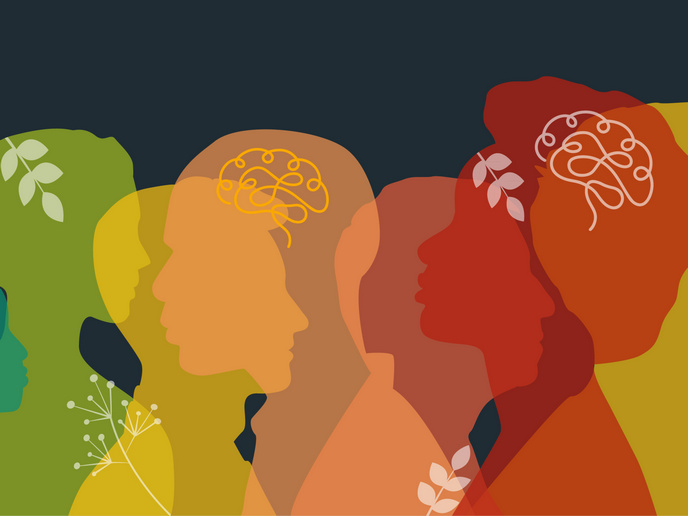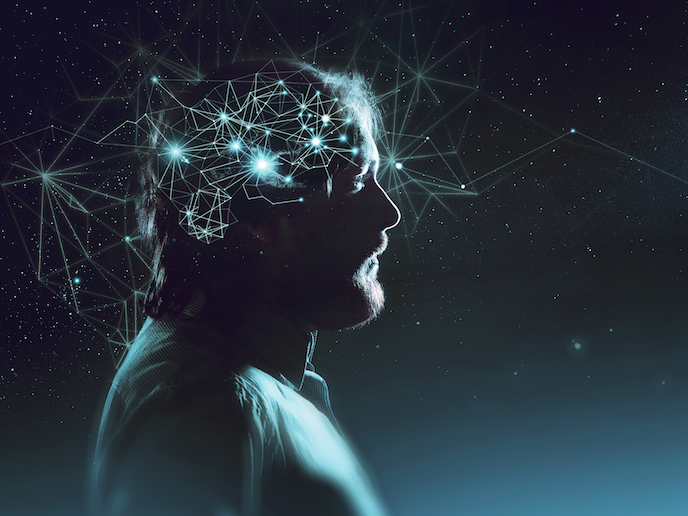Anxiety changes the way we think
Anxiety is a state of apprehension or fear that can lead to mental disorders. Despite the high prevalence of anxiety-related disorders in our society, we know little about how anxiety affects the way our brain functions. Using modern brain imaging technologies, such as electroencephalography and functional magnetic resonance imaging, scientists can gain insight into the neural underpinnings of anxiety and anxiety-related disorders. Scientists from the EU-funded project ANXIETY & COGNITION (How anxiety transforms human cognition: An affective neuroscience perspective) used such imaging technologies to see how anxiety alters brain function over time. In particular, they looked at the effects of anxiety on selective attention and decision-making. The researchers found that not all anxiety is the same and its effects on the brain depend on the nature of the anxiety. Anxiety induced by a threat to the body (being injured) created a broadening of attention, or hypervigilance. In contrast, attention was narrowed or focused in response to a psychosocial threat (losing social status or respect). This shows that anxiety dynamically affects our focus of attention to help our brains understand and respond to our immediate environment. People with specific conditions, such as major depression, could have impaired flexibility of this selective attention. The EU researchers also found that highly anxious people have trouble interpreting their actions as positive or negative. This has potential implications for the way they make decisions on a day-to-day basis. Attention and decision-making offer two ways to better understand how anxiety works in the human brain. This project adds to our limited knowledge of anxiety disorders and depression and, ultimately, how to treat them.







